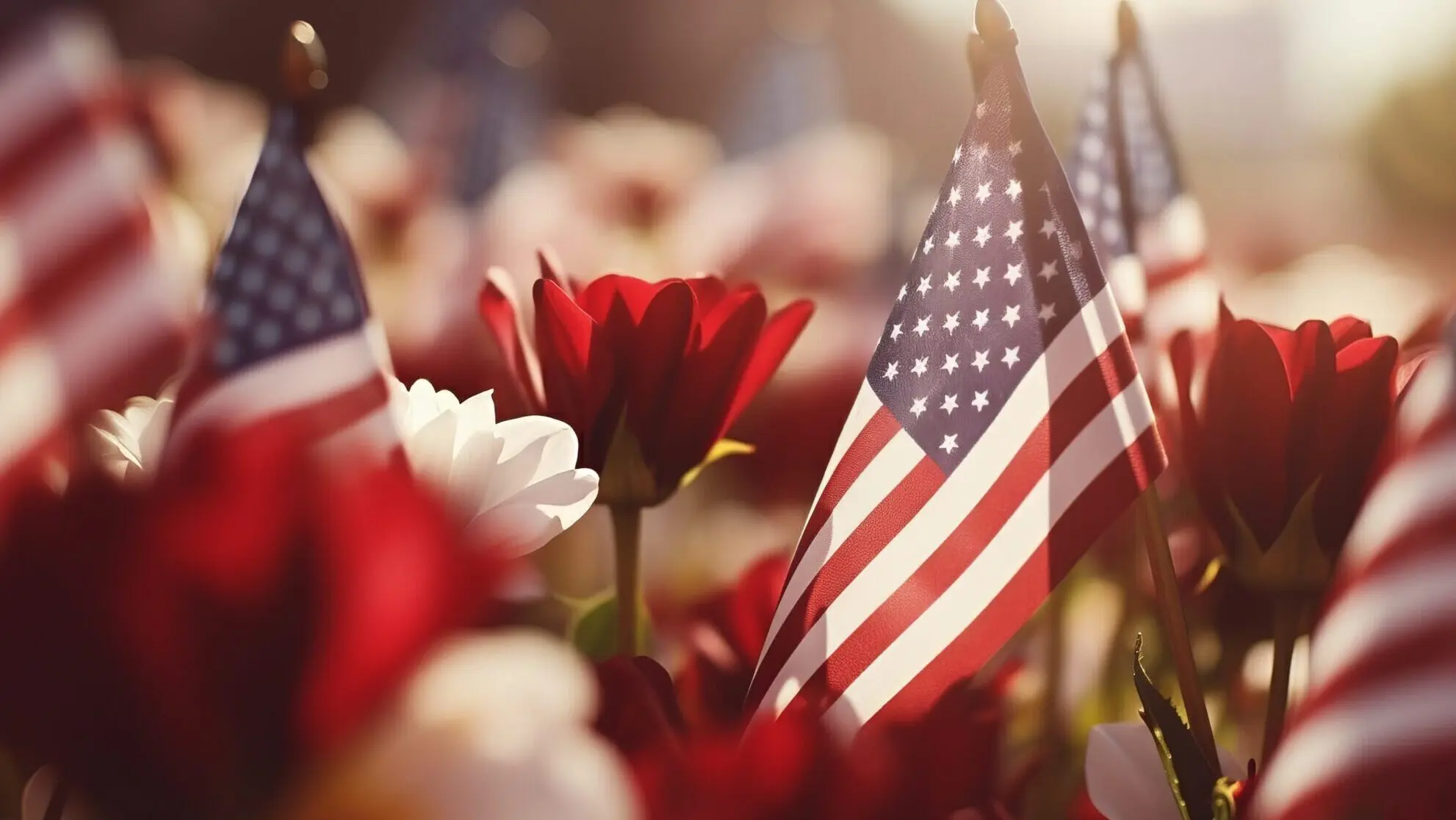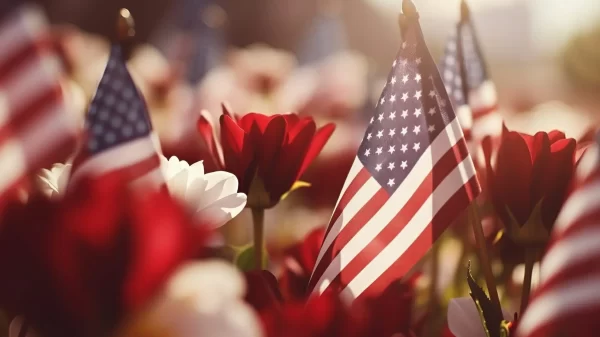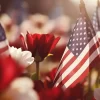Memorial Day is a profound and multifaceted holiday in the United States. Its origins in the aftermath of the Civil War and its evolution to include all fallen military personnel demonstrate the country’s enduring commitment to honoring those who have made the ultimate sacrifice for freedom and peace.
Underneath the solemnity and celebration lies a dark reminder of the thin veneer of civilization, where the behaviors, norms, and structures associated with civilized society are only superficial and easily disrupted. Beneath this veneer, primal instincts and chaotic behaviors lie close to the surface, ready to emerge under stress or when societal norms break down.
In “Leviathan,” Thomas Hobbes portrays the state of nature as “nasty, brutish, and short,” suggesting that the order provided by civilization is fragile and can quickly unravel without the binding force of a strong social contract. This contract is essential for maintaining the principles and institutions that uphold our societal harmony. Those who have experienced war firsthand grasp this reality all too well. The men and women who have sacrificed their lives for liberty and justice have paid the ultimate price to keep civilization intact against the forces of chaos and destruction.
The primary purpose of Memorial Day is to honor and remember the men and women who have died in military service to the United States. It is a day to reflect on their sacrifice and the cost of freedom, and an opportunity to teach the lessons of war and peace.
It is a time to remember that in the grand theater of American politics, the foundational principles of the United States stand like marble pillars, gleaming in the spotlight of history. “We the People,” they proclaimed, etching the idea of popular sovereignty into the very bedrock of the nation. The power, they declared, comes from the consent of the governed, not from some distant monarch or anointed elite.
Across the nation’s history—a short 240 years—men and women have been sent to faraway shores to defend these principles. Our country, with all its shortcomings, has stood as a beacon of liberty around the globe. The battles for liberty against tyrants like Adolf Hitler, Joseph Stalin, Pol Pot, and Mao Zedong have not always required the blood of American soldiers, but they have demanded a consensus against evil.
Yet, today we have leaders who embrace these same types of evil men in Vladimir Putin, Kim Jong-un, and others who would destroy the freedoms for which so many have given the last drop of blood and human devotion.
The U.S. Armed Forces do not swear an oath to a president or even to the country itself. No, their solemn vow is to support and defend the Constitution of the United States against all enemies, foreign and domestic. This is the bedrock of their commitment, not to a person or a piece of land, but to the principles enshrined in that venerable document.
Why is it so important that the military pledge their oath to the Constitution rather than to a king or country? It’s because the Constitution embodies the core principles and values that define America—liberty, justice, and the rule of law. This commitment ensures that their loyalty lies with protecting these ideals rather than serving the whims of a single ruler or the transient tides of political power. Shockingly, too many political leaders, and even some who have served in uniform, seem to either not understand this principle or choose to ignore it at the nation’s peril. This lack of understanding, or deliberate disregard, undermines the very foundation of our democracy that so many have given their lives to defend.
Let us remember their sacrifice at the altar of shared responsibility. Those of us who live and remain must unite to make a better world in their honor, to cherish peace and not war. This requires not only steadfastness but a shared purpose to uphold the principles enshrined in our nation’s founding. It demands a collective commitment to the values that form the bedrock of our democracy, ensuring that every action and decision is guided by the ideals of liberty, justice, and the rule of law. Without this unified dedication, the very essence of what holds our society together is at risk.
Civilization may be little more than a thin veneer, but it is individuals who give it the proper tensile strength to remain intact. This is now the duty of those of us who truly honor the fallen.




















































